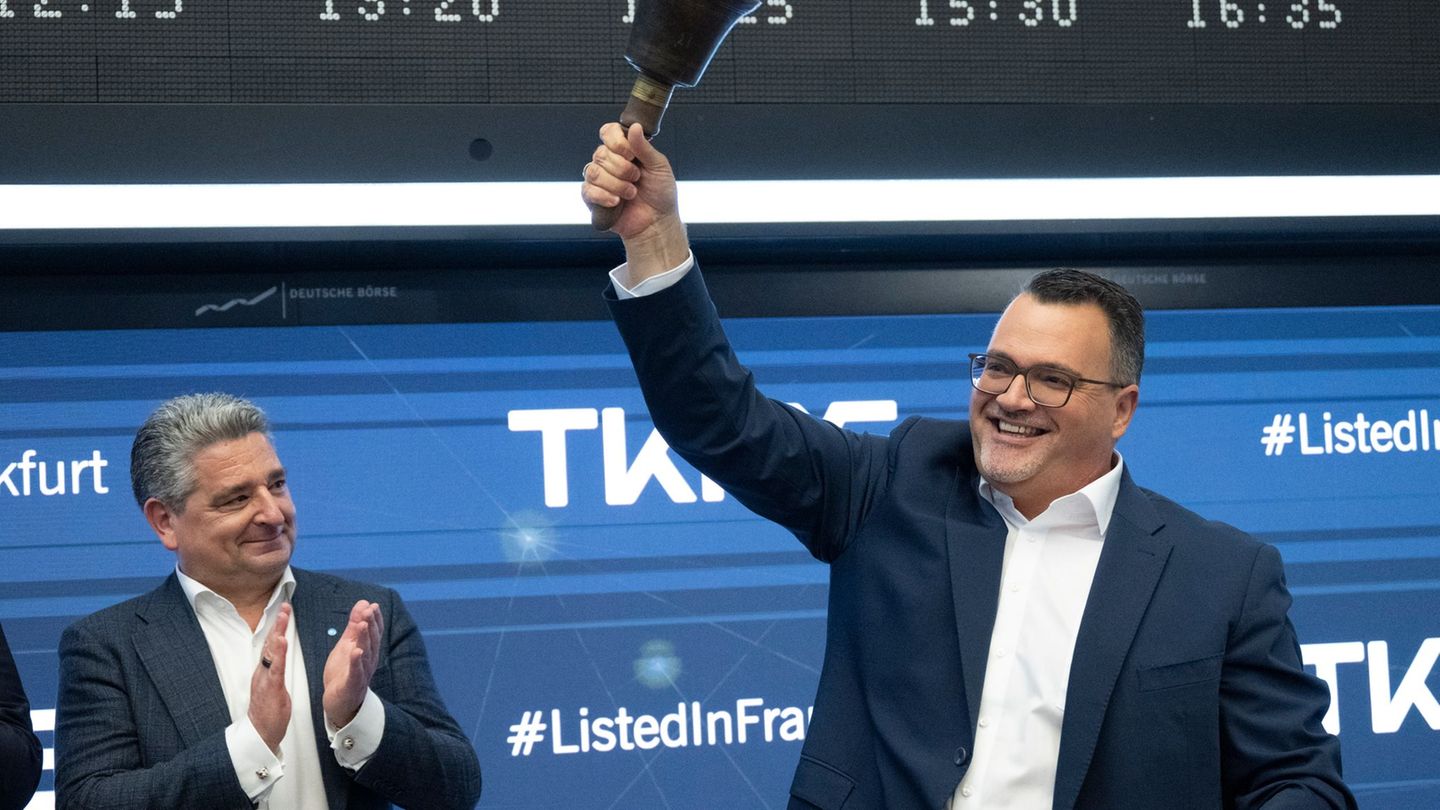Today, it has been proven that adaptation to dynamic times and subsequent survival require heterogeneous, diverse, versatile and deeply committed teams.
By Grow-gender and work team
The content you want to access is exclusive for subscribers.
Today, it is clear that to be successful in the world of work, it is essential to form good teams. Not so long ago, only in the last few decades, the concept of a “good team” has evolved, leaving behind the idea that homogeneity and synchrony between similar profiles were essential, adapted to repetitive and mass production. Today, it has been proven that adaptation to dynamic times and subsequent survival require heterogeneous, diverse, versatile and deeply committed teams.


The importance of the diversity, equity and inclusion agenda
It is impossible to discuss the sustainability of a company without addressing its commitment to the Diversity, Equity and Inclusion (DEI) agenda, which seeks to respond to the need for heterogeneity, equal treatment and opportunities, and a genuine sense of belonging and well-being in the workplace.
Of course, the strength of this agenda depends largely on the clarity and forcefulness of the institutional policies that support it in each company. However, its permeability, implementation and effectiveness depend, once again, on a deeply human factor: the quality of the leadership teams we form.
At Grow-Gender and Work, we maintain that the leaderships of this decade are those we call transformational. With this distinction, we seek to go beyond the idea of the merely inclusive leader, who can carry out his work in environments where diversity already exists and needs to be orchestrated.
Transformational leadership, on the other hand, identifies the barriers and biases that prevent the creation of diverse environments, proposing a profound cultural transformation in processes that are not only willing to accompany, but also to promote. Transformational leaders are those who understand the urgency of this agenda in the times we live in, and manage to integrate it into their business vision and strategy, overcoming the concept of “diversity as a problem” to adopt the paradigm of opportunities that arise when different perspectives are brought into dialogue. According to ILO data, companies with greater diversity among their staff increase their profitability by 20%, and retain 60% more young talent (ILO, 2019).
Training transformational leaders
So, we dare to paraphrase Simone de Beauvoir: one is not born a transformational leader, one becomes one. In this sense, our organization offers a series of workshops, spaces for awareness and reflection that allow leaders to find a safe environment to rethink their own practices. Here lies the key: to identify those practices that can be beneficial to a DEI paradigm or those that are harmful. A leader is not a package closed once and for all, but rather leadership is a set of actions that can be studied and transformed.
Diversity and Inclusion are key factors for recruiting and retaining talent today, and everything indicates that they will continue to be decisive in the coming years. The transformation is now; those who arrive late often do not even make it to the next semester. Let us bet on leaders who fight for well-being in the workplace; it is worth trying.
Source: Ambito
David William is a talented author who has made a name for himself in the world of writing. He is a professional author who writes on a wide range of topics, from general interest to opinion news. David is currently working as a writer at 24 hours worlds where he brings his unique perspective and in-depth research to his articles, making them both informative and engaging.




